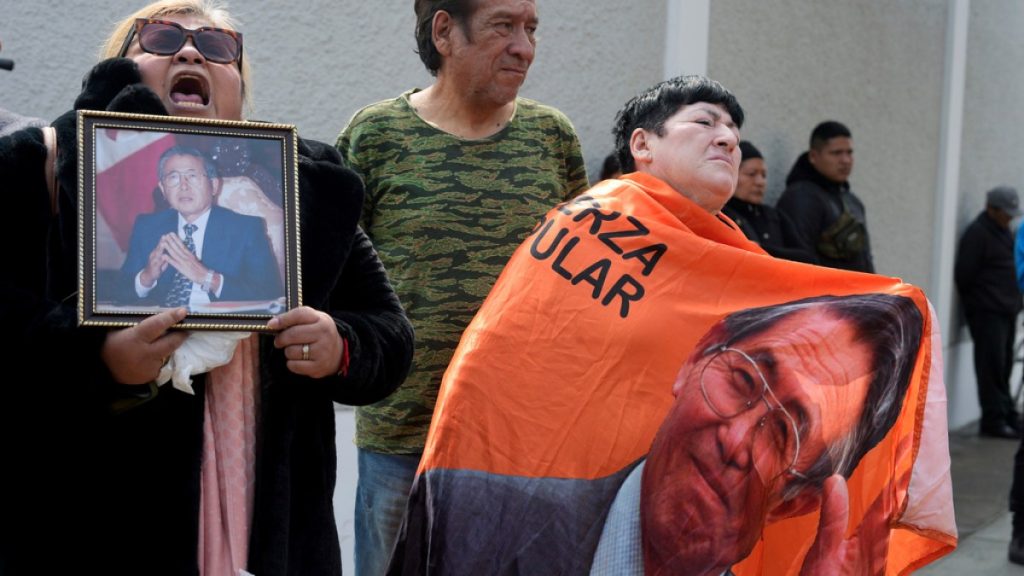Despite Fujimori’s controversial legacy in Peru, his death has sparked a period of national mourning, with President Dina Boluarte signing a decree for a three-day mourning period following his passing. Fujimori, who was convicted of corruption and human rights abuses during his time in office, died at his daughter Keiko Fujimori’s home in Lima. His body will lay in the Ministry of Culture until Saturday, when he will be moved to a cemetery south of the capital. Supporters have been seen queuing outside the Ministry of Culture to pay their respects.
Fujimori’s tenure as president was marked by harsh neoliberal reforms that stabilized the economy and a brutal counterinsurgency campaign that crushed the Maoist guerrilla group Sendero Luminoso, or Shining Path. However, his methods were widely criticized for severe human rights abuses and contributed to his growing authoritarianism, culminating in a “self-coup” in 1992 that shut down Congress and the judiciary. His economic policies are also blamed for exacerbating poverty in the country. The civil war between the government and rebel groups during his rule caused at least 70,000 deaths.
The controversial leader fled to Japan after being removed from power in 2000 due to a bribery and corruption scandal involving his intelligence chief, Vladimiro Montesinos. Fujimori was later arrested in Chile in 2005 and extradited to Peru in 2007 on charges of ordering killings and kidnappings during his rule. He was convicted in 2009 for his involvement in death squads that targeted leftist militants, activists, and civilians, leading to the death of 25 people. Fujimori was released from prison in 2023 by a Peruvian court, defying an order from the Inter-American Court of Human Rights, which further divided public opinion in Peru.
On social media, hashtags like #FujimoriNuncaMas and #FujimoriPorSiempre reflect the ongoing divisions within Peruvian society regarding Fujimori’s legacy. Some view him as a savior who ended the violence caused by the Shining Path, while others condemn him for his role in numerous human rights abuses, including forced sterilizations of women in poor and Indigenous regions. Fujimori’s daughter, Keiko, had announced in July that her father would run for president in 2026, despite his age, showing the ongoing influence of the Fujimori family in Peruvian politics.
Detractors of Fujimori have pointed out the coincidence that he died on the same day as Shining Path leader Abimael Guzman, who perished in prison in 2021. Guzman’s capture in 1992 was a significant victory for the government in dismantling the group. Fujimori’s death has reignited debates over his controversial legacy, with some calling for justice for his crimes and others mourning the loss of a leader who they credit with stabilizing the economy and ending the threat of the Shining Path. The legacy of Alberto Fujimori continues to be bitterly contested in Peru, highlighting the deep divisions that remain in the country long after his rule ended.













